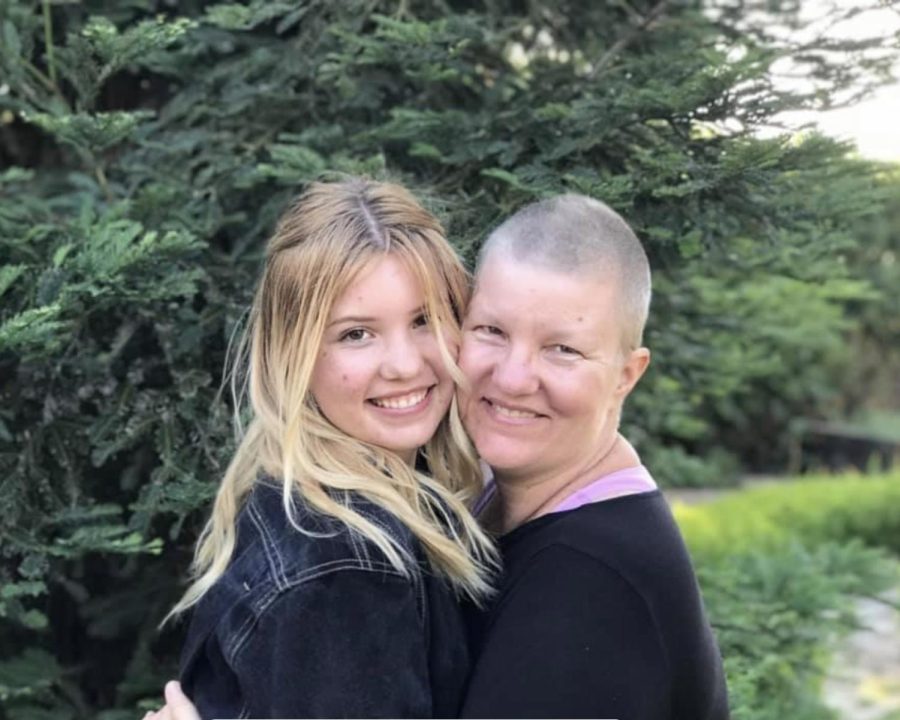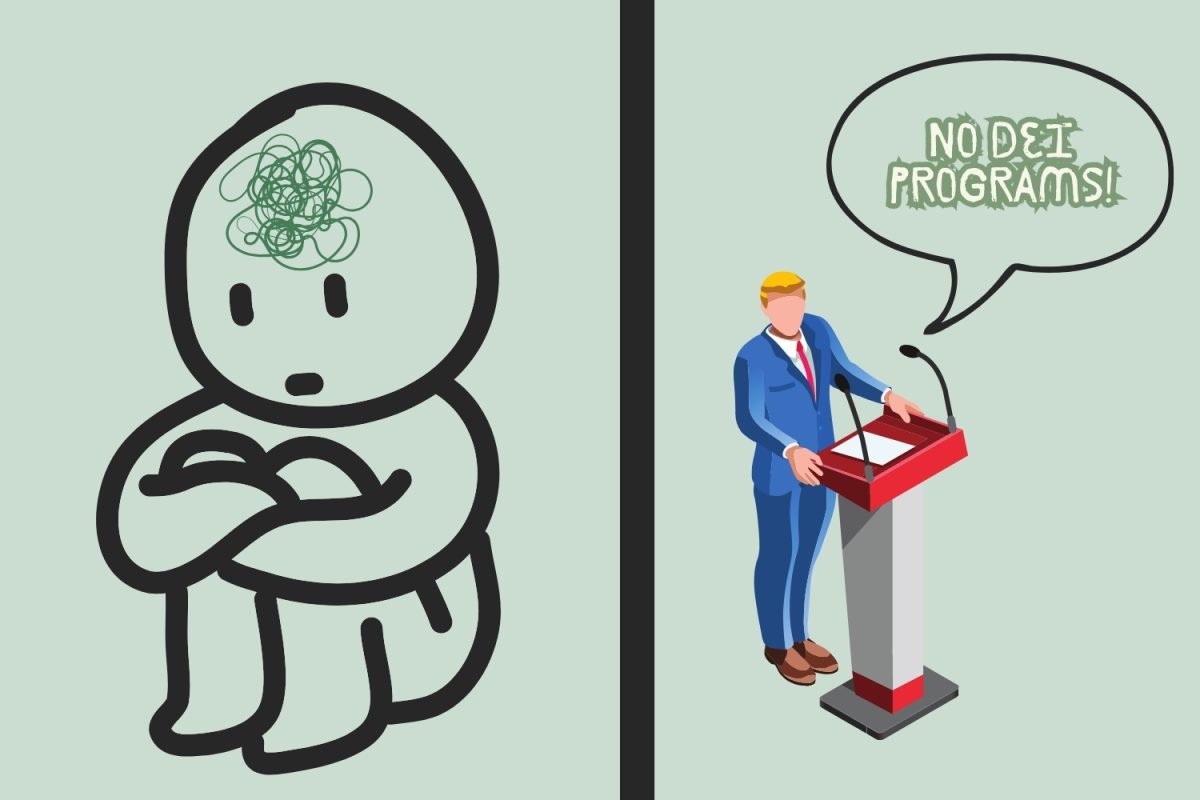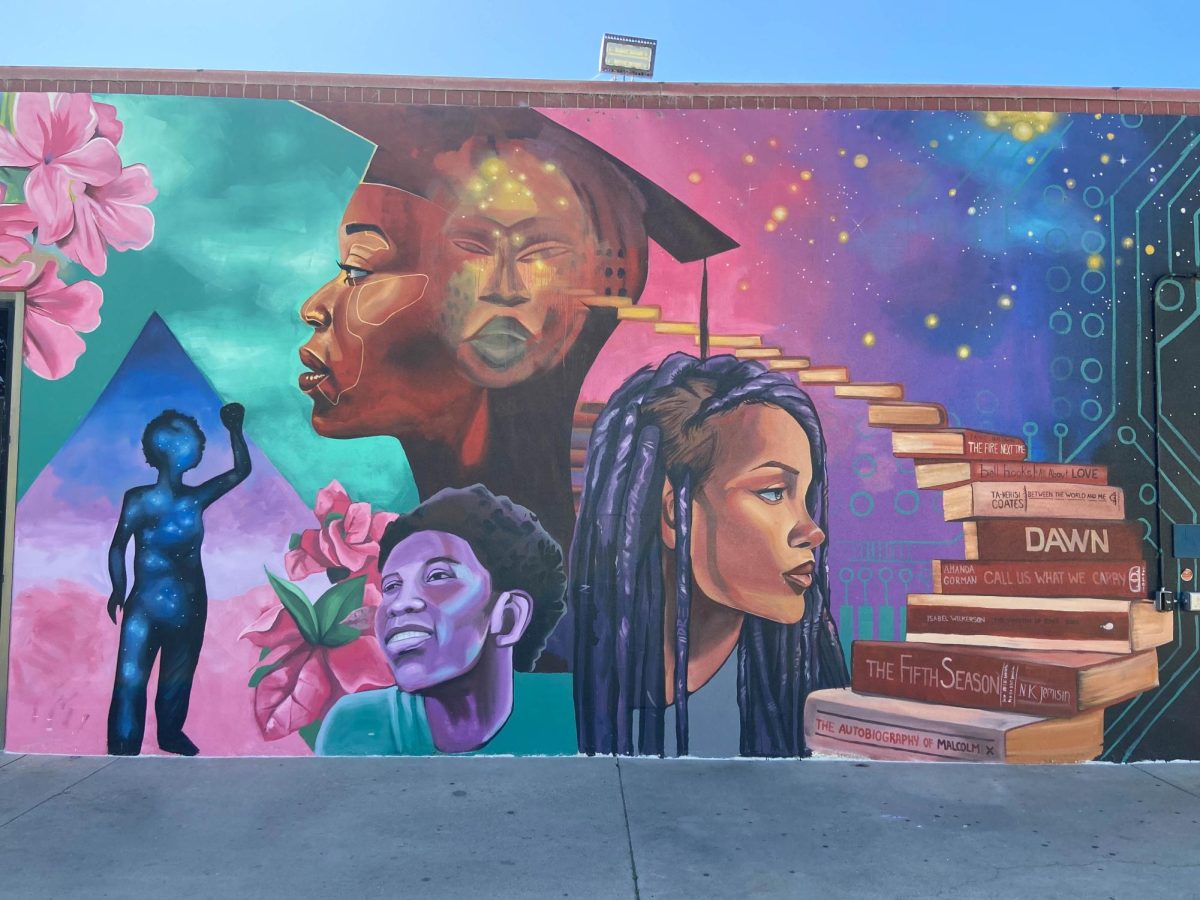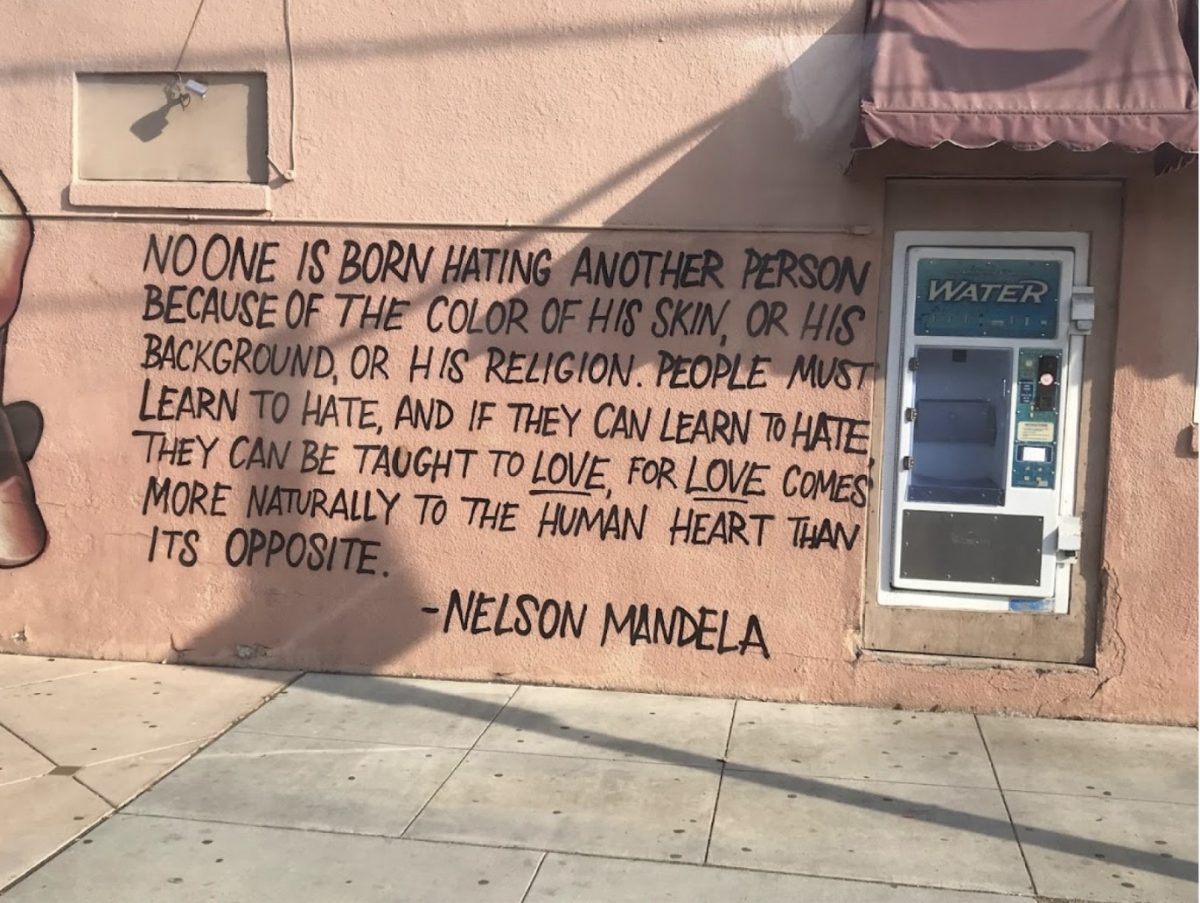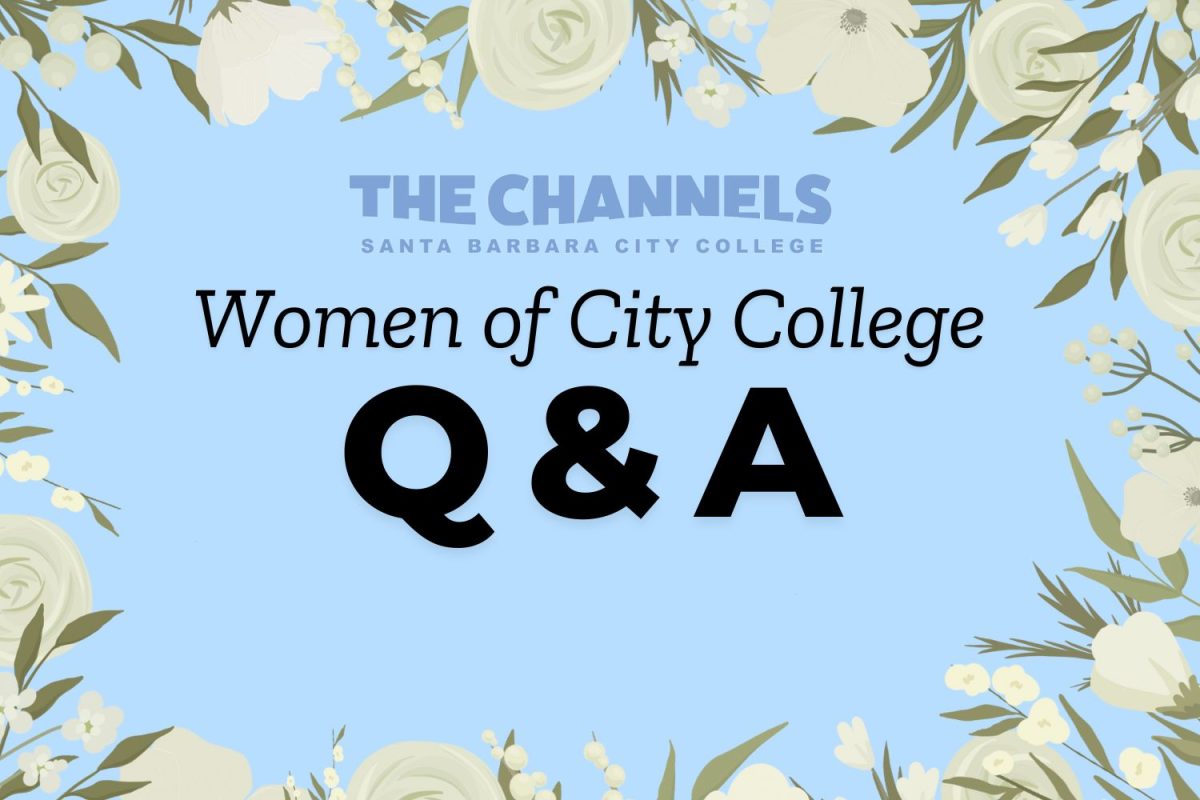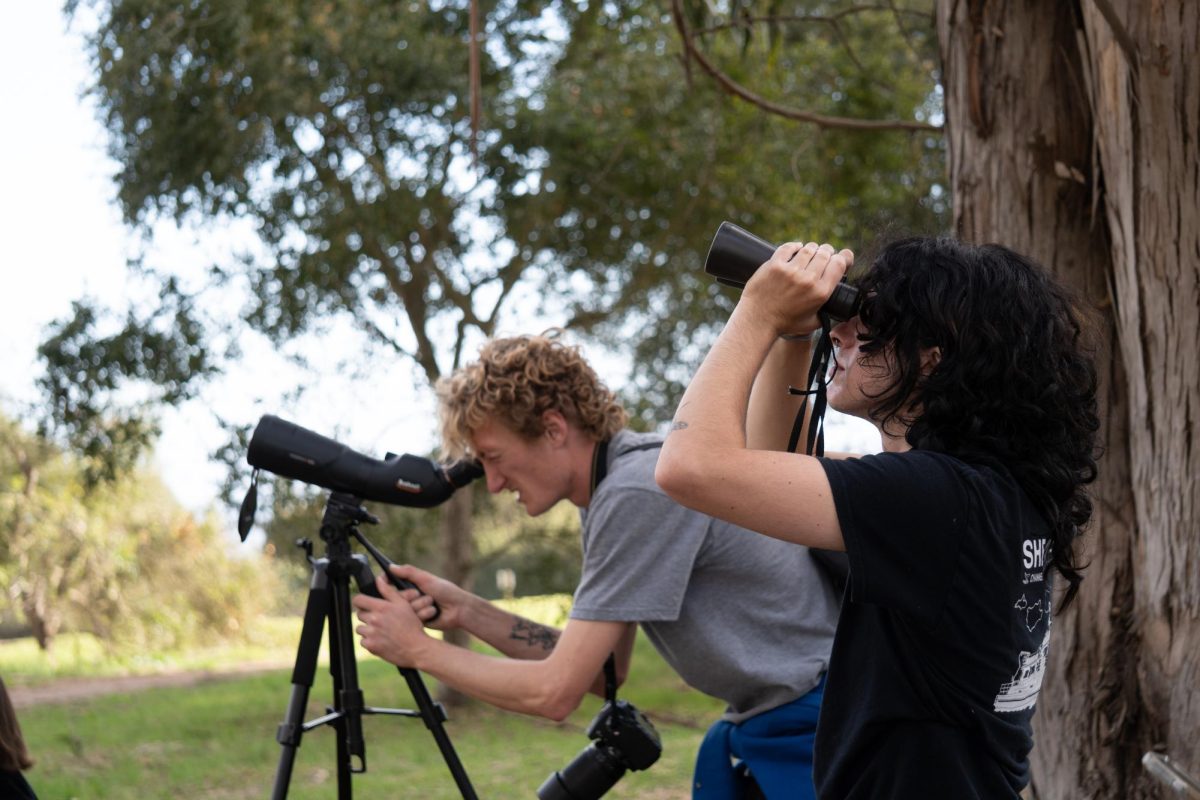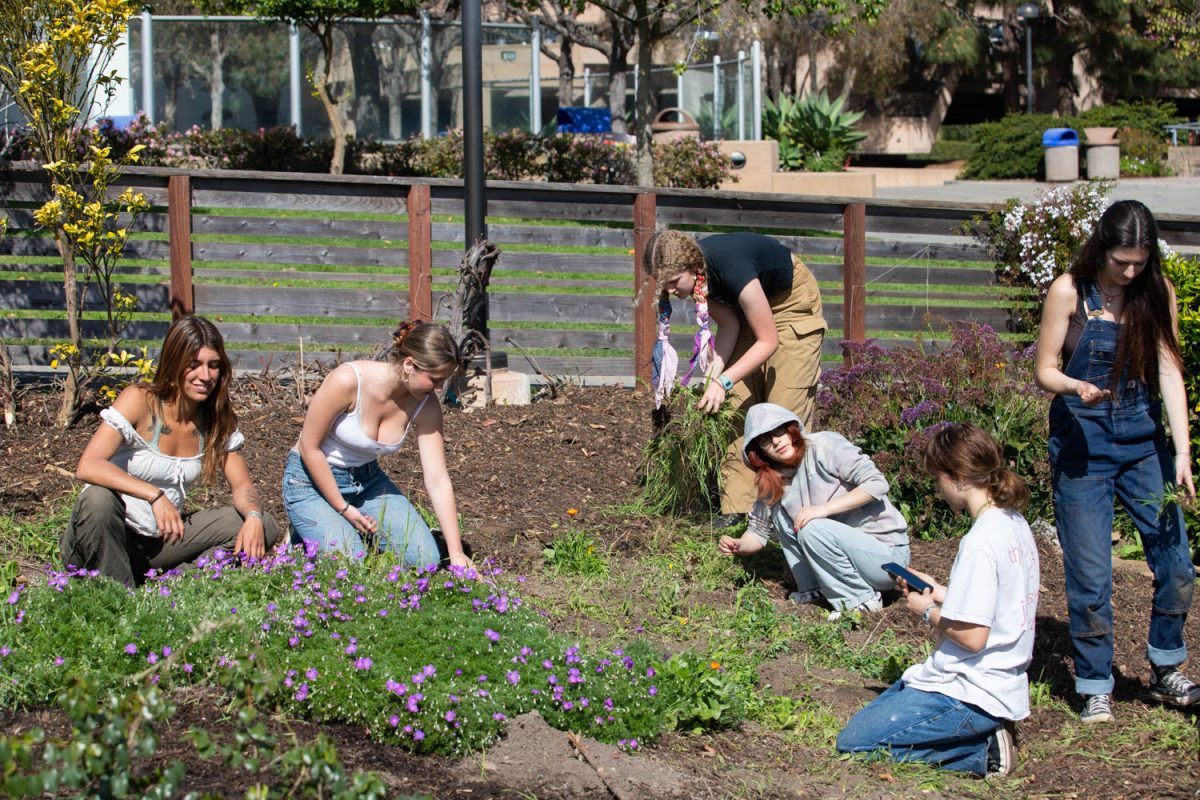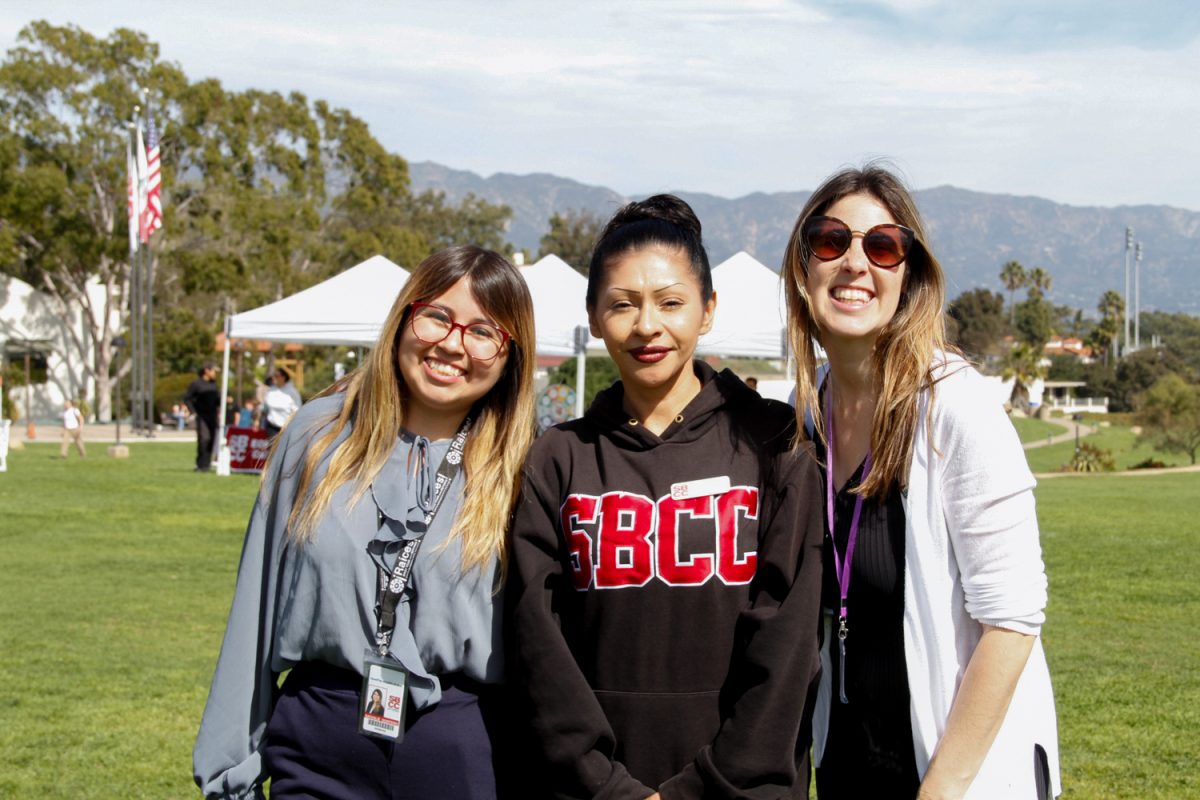On Nov. 23, 2019, my younger brother and I were called into the living room for a family meeting.
I could tell that it was serious if my family and I were arraigned in a triangle-like seating situation. My brother and I were on the couch, my mom in the recliner, and my dad sitting in a chair he pulled out from the dining table.
There was always a moment of silence before my parents would tell us what happened. A chance for everyone to take a breath.
My mom ripped the news off like a bandaid.
“I have breast cancer. Everything will be ok,” she said.
As she was explaining the details and the course of action, all sensations in my body left, except for my heartbeat which was beating in my temples.
My family and I were very uncertain about the severity of my mom’s cancer, and we found out more information every day, which ultimately just led to more questions. The moment that made it real for me was the call that confirmed that her breast cancer was not genetic, but I hadn’t even thought about myself at that point.
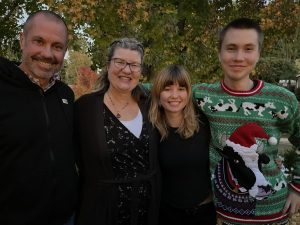
The day after Christmas, we learned that she had stage 3 breast cancer, which means that the cancer had spread to her lymph nodes. This meant that she would have to begin chemotherapy to try to flush all of the cancer cells out of her body. I found out through a text, where she said that we should go wig shopping together. I instantly cried, not out of her loss of hair, but the severity of what was about to come.
I lived in Santa Barbara with my dad during the school year, while my mom and brother lived in San Francisco. COVID-19 erupted shortly after her diagnosis. I felt like a bad daughter because I wasn’t able to physically support her because of the distance between us. She had to go through these grueling experiences alone.
At this time, I was a junior in high school, and I had my own drama happening in my life. I began to invalidate my emotions because I often compared problems to my moms, and I would tell myself I didn’t have it that bad. I became numb, and I could never find the words to explain how I felt.
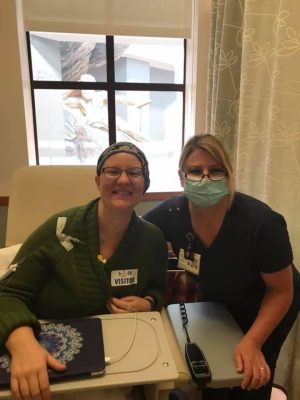
Her diagnosis began affecting both my mental state, and my school performance. I had to choose if I wanted to stay updated with all of my mom’s side effects and hospital visits, at the risk of having my mental health suffer even more. Or, I could choose to remove myself from my mom’s situation and preserve a healthy mental state. This decision fluctuated for her entire treatment.
I never want my mom to feel bad for how her diagnosis affected me.
My mom’s last chemotherapy treatment was on May 1, 2020, and this experience has helped my family connect in a very special way. She was so positive, even during her hardest moments during treatment. My mom teaches me every day to see the positive aspects in dark moments while still accepting grief and emotions.
I don’t look back on her treatment in a sad way, because even though this journey has been extremely hard for my whole family, we created a very special bond we wouldn’t have had otherwise. I find myself enjoying little day-to-day moments, and not thinking about the future too much anymore.


